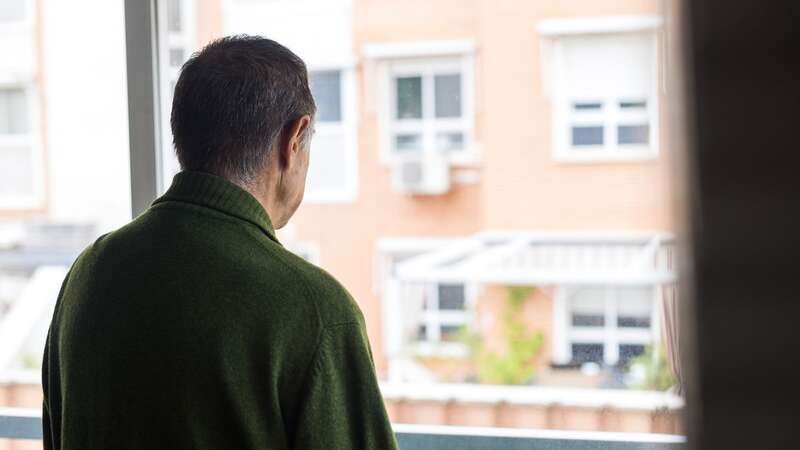Almost half of UK adults are unknowingly living with a condition that has a similar impact on their bodies as puffing away on 15 cigarettes a day - loneliness.
Yet, few know how to break free from this self-perpetuating cycle of isolation. Loneliness levels in the UK have failed to return to pre-pandemic norms, having hit an alarming high during lockdown and continued to rise since. In 2022, more than 25.9 million Brits reported feeling lonely, according to the Campaign to End Loneliness.
The effects of loneliness are often underestimated, but it can wreak havoc on both physical and mental health, including increasing the risk of premature death by a shocking 26 per cent.
This worldwide issue led US Surgeon General Vivek Murthy to label loneliness and social isolation as an "epidemic" last year, stating that they "increase the risk for premature death by 26 per cent and 29 per cent respectively". This is akin to the damage caused by smoking up to 15 cigarettes daily.
Dr Murthy's research also highlighted a 29 percent increased risk of heart disease and a 32 per cent higher chance of stroke for those battling loneliness. Furthermore, a lack of social interaction "may increase susceptibility to viruses and respiratory illness", reports Bristol Live.
 Sarah Lancashire feared telling TV bosses about 'debilitating depression battle'
Sarah Lancashire feared telling TV bosses about 'debilitating depression battle'
He explained: "Loneliness and social isolation increase the risk for premature death by 26 per cent and 29 per cent respectively. More broadly, lacking social connection can increase the risk for premature death as much as smoking up to 15 cigarettes a day. In addition, poor or insufficient social connection is associated with increased risk of disease, including a 29 per cent increased risk of heart disease and a 32 per cent increased risk of stroke.
"Furthermore it is associated with increased risk for anxiety, depression and dementia. Additionally, the lack of social connection may increase susceptibility to viruses and respiratory illness."
Other consequences include worsened mental health, diminished confidence, "elevated blood pressure and acute stress responses", disrupted sleep patterns in young adults, and "sleep inadequacy and dissatisfaction" across the general population.
This issue also affects how individuals interact with their environment, impacting productivity at work and school. Research has put the financial toll of severe loneliness on well-being, health, and productivity at around £9,900 per person annually.
The initiative identified groups more prone to loneliness, such as those aged 16-24, single or widowed people, individuals with limiting mental health conditions, women, and renters. It also highlighted various forms of loneliness, noting that some people may feel lonely even when they are not physically alone, experiencing existential or emotional loneliness.
The Mental Health Foundation has provided some tips to combat loneliness, which can lead to a downward spiral as it encourages people to withdraw from their social circles. These include engaging in enjoyable hobbies or small activities, stimulating the mind with a podcast or course, physical activity, and interacting with everyday people such as the postman or fellow pedestrians on the street.
Read more similar news:
Comments:
comments powered by Disqus


































